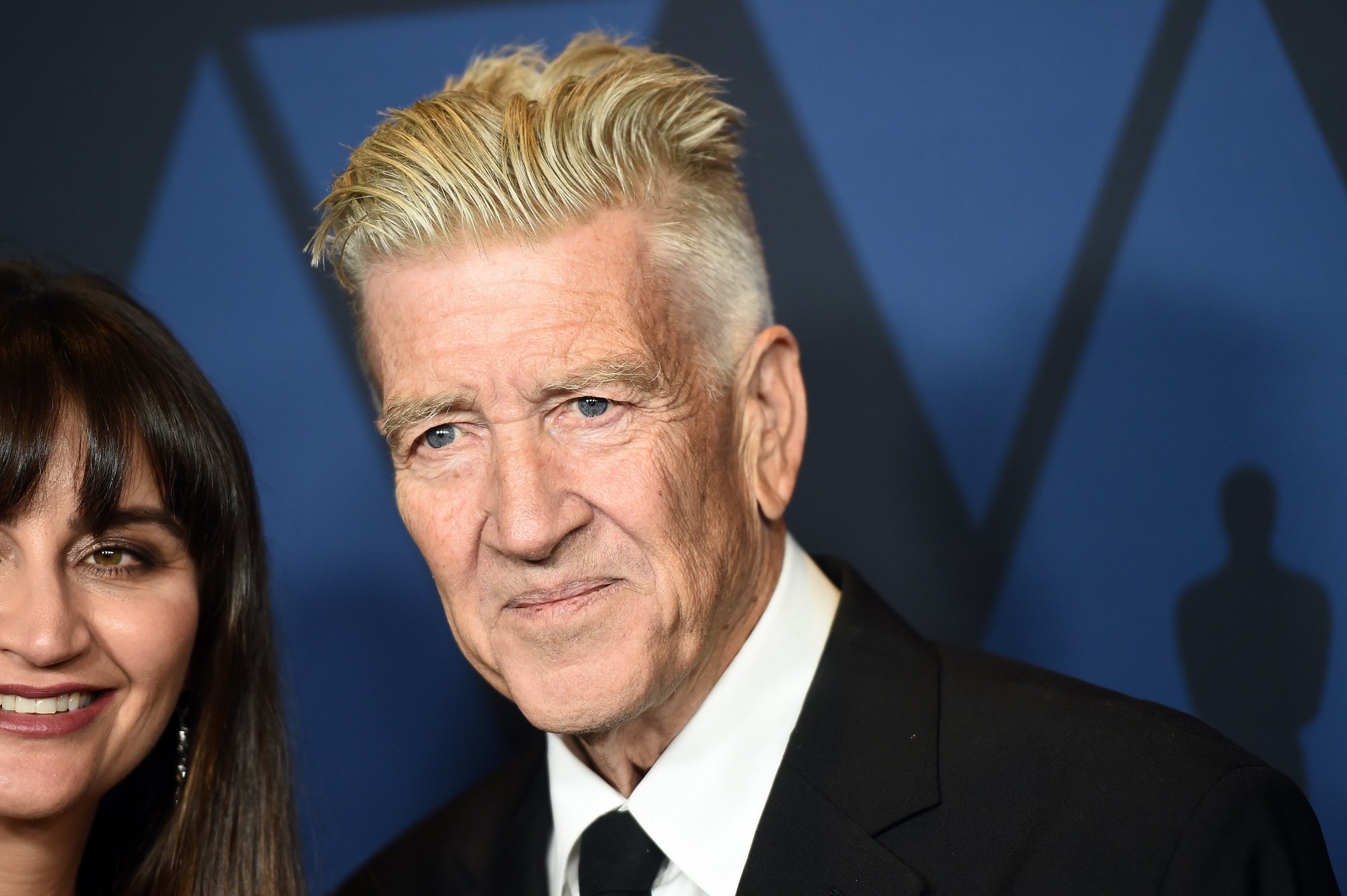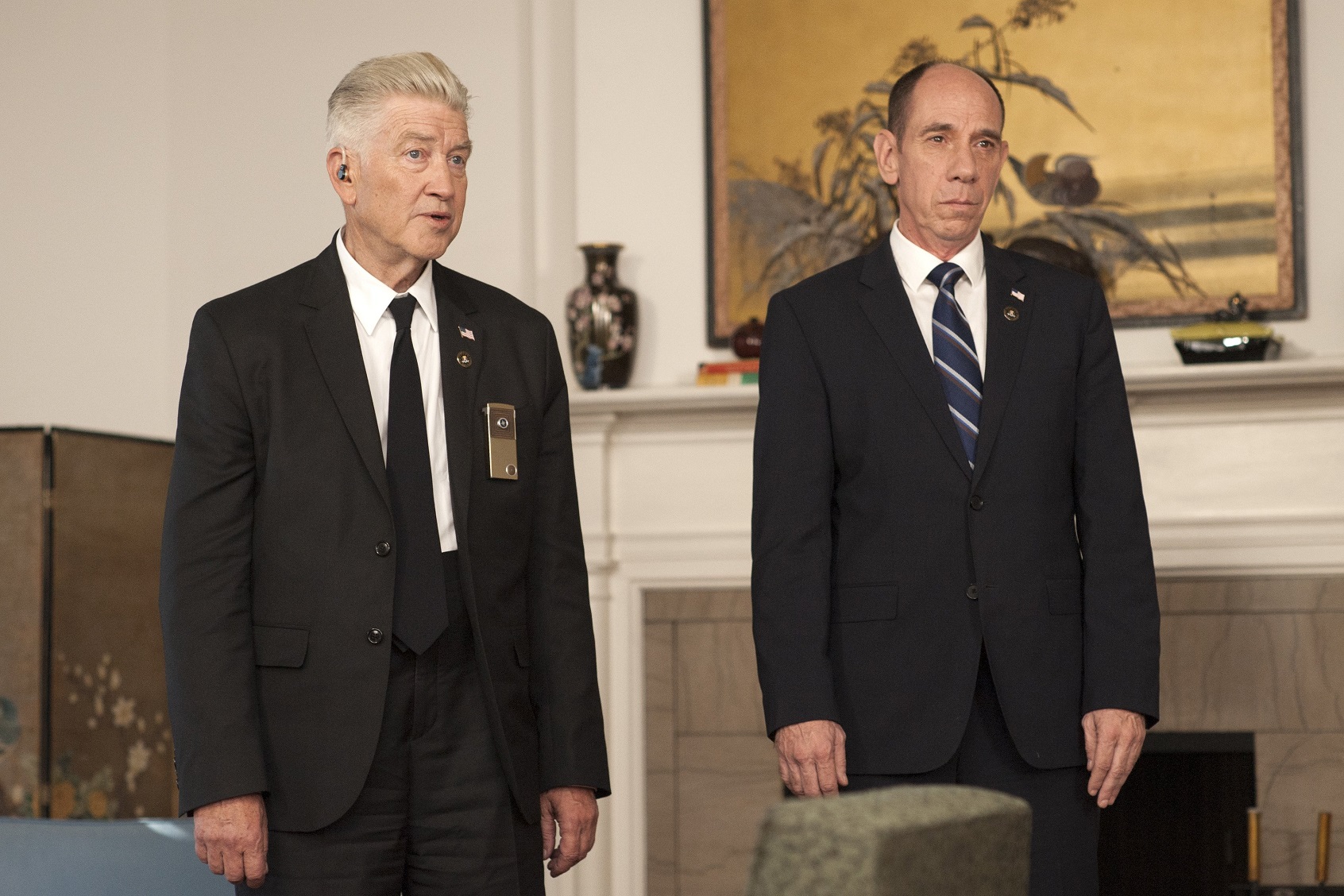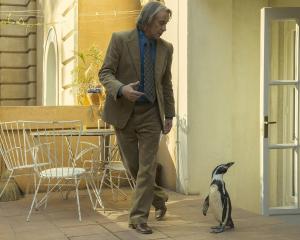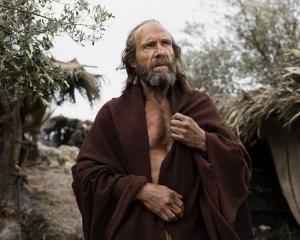
David Lynch left behind the cinematic descriptor "Lynchian", described in the Oxford English Dictionary as "juxtaposing surreal or sinister elements with the mundane" and "using compelling visual images to emphasise a dreamlike quality of mystery or menace".
Even this may not be enough for Lynch obsessives, for whom he was the ultimate countercultural outlier, the weirdo’s weirdo, who changed film and television forever.
Sometimes, the nature of the reaction to someone’s death feels like all the eulogy you need.
Lynch’s death on January 15, aged 78, resulted in an outpouring that in ways seemed reminiscent of the response to David Bowie’s death in 2016: at once vast and intensely personal.
Even his family’s death announcement was peppered with Lynchisms ("As he would say: ‘Keep an eye on the doughnut and not on the hole"’): idiosyncratic winks and in-jokes aimed directly — intimately — at Lynch loyalists, that self-selecting cluster of society who "got" him to his core.
Tributes surged in from across the spectrum because throughout Lynch’s life there were few creative pies (film, TV, music, art, adverts, lockdown online weather reports) the ever-curious former art student from Montana didn’t relish sticking his finger into. Mel Brooks, who hired Lynch to helm The Elephant Man (1980), observed: "If his name was in the credits, you knew the film was really worth seeing." The musician Chrystabell, whose final collaboration with Lynch, Cellophane Memories, came out last year, called him "singular and irreplaceable". Steven Spielberg, who cast Lynch as John Ford in his 2022 film The Fabelmans, hailed his "original and unique voice". And so on ... and on.
Certain actors seemed to view Lynch as tantamount to being their creator. Kyle MacLachlan, whose work in Dune (1984), Blue Velvet (1986) and Twin Peaks (1990-2017) closely allied him with Lynch talked of being "plucked out of obscurity".
Naomi Watts, who starred in 2001’s Mulholland Drive, spoke just as bluntly of "flunking auditions left and right" until she met Lynch, asking: "How did he even ‘see me’ when I was so well hidden, and I’d even lost sight of myself?"
Was this one of Lynch’s key gifts: seeing people? The instinctive outsider never falling out of step with the marginalised and overlooked? In the same way, his work "saw" America: not only the orderly sentimental surface beauty and innocence he revelled in subverting (the visceral white picket fences of Blue Velvet; Twin Peaks’ delicious but ominous cherry pies) or even the much-documented underbelly. Lynch was among a select group of artists to lift up the underbelly to find another underbelly beneath, one that seethed and glistened twice as hard.

Lynch embraced television in the 1990s, when the medium was still scorned, resulting in the format-smashing Twin Peaks. "Who killed Laura Palmer?" turned out to be only one of the questions on the table as MacLachlan’s all-American detective ("A damn fine cup of coffee!") found himself locked in a thrilling, maddening downward spiral involving small-town America, secrets and disturbances.
That some aficionados may not have appreciated Twin Peaks being reprised later (in the 1992 film prequel, Fire Walk With Me and the delayed third series, Twin Peaks: The Return) is putting it mildly. For some, it amounted to cultural heresy. However, few could deny the impact of Twin Peaks paving the way for other disrupters. Part murder mystery, part soap, part surrealist fantasy, part existential fugue, Twin Peaks ripped up the manual on what television should be.
Indeed, despite the adjective "Lynchian", it’s a surprisingly tricky business finding a common thread to Lynch’s work. His 1977 debut, Eraserhead, was a radical arthouse horror (chickens, radiators, lead actor Jack Nance’s vertical hair) with the monochrome aesthetics of a patchy office photocopy, and a scrambled "fear of fatherhood/adulthood" message. A much-married father of four, Lynch was open about how he loved his children but initially found the responsibilities difficult.
His third film, the Frank Herbert adaptation Dune, was big-budget, studio-compromised and mind-numbing (the only film Lynch professed to regret).
Blue Velvet — for many his masterpiece — delivered a version of small-town America involving a sadomasochistic deviant (Dennis Hopper) gasping into a mask as he assaulted the brutalised, mixed-up heroine, played by Isabella Rossellini.
The Palme d’Or-winning Wild at Heart (1990), starring Nicolas Cage and Laura Dern, was an outcast odyssey drenched in left-field Americana; Mulholland Drive was a fever-dream-cum-noir-distillation of the Hollywood nightmare (a theme also mined in 1997’s Lost Highway and Inland Empire in 2006).
Elsewhere, the much-garlanded Elephant Man, starring John Hurt and Anthony Hopkins, told the harrowing story of John Merrick, whose disfigurements made him a cause celebre in English Victorian society, and told it (almost) straight. Likewise, The Straight Story (1999) was a poignant, folksy affair, following an old man making a cross-country journey through America to see his estranged brother.
Along the way, Lynch produced that oeuvre: one of the most surrealist, uncompromising, innovative and downright alarming in cinematic history.
His films are gothic American fairytales for very messed-up adults. Lynch didn’t want you to have a good time at his movies — he wanted you to have an interesting time. To the vexed question "what does Lynchian mean?", it appears to mean anything he wanted it to mean in that moment. — Barbara Ellen, The Observer












